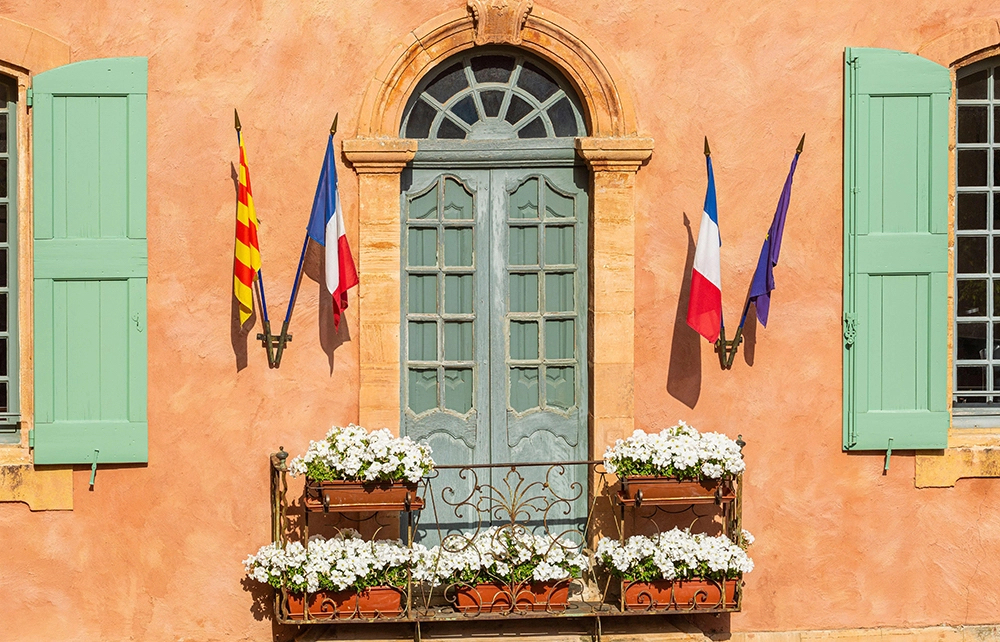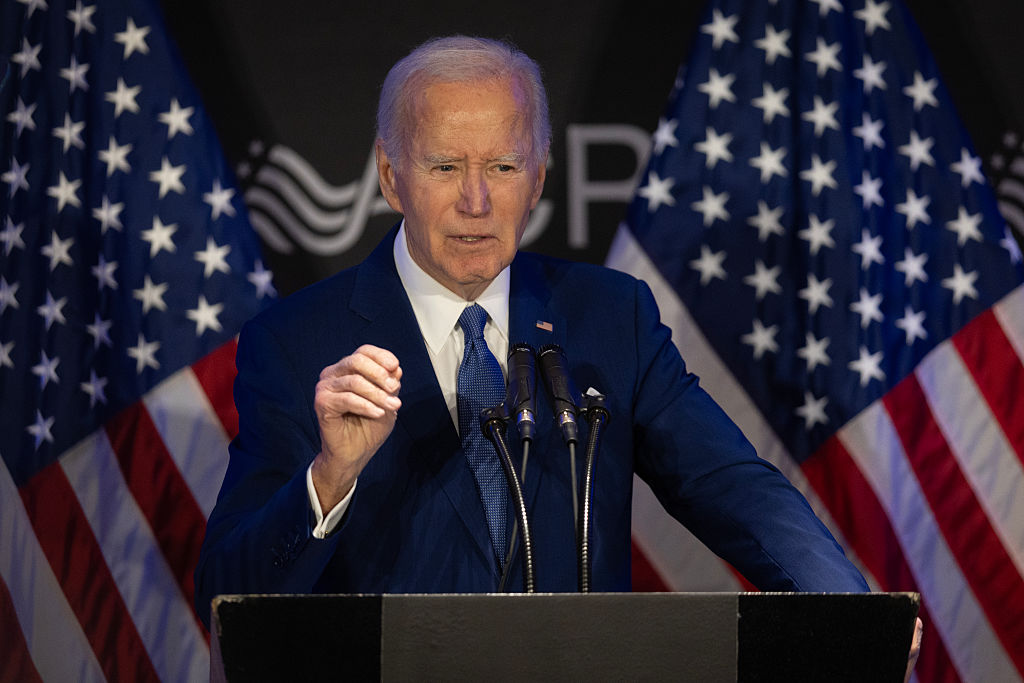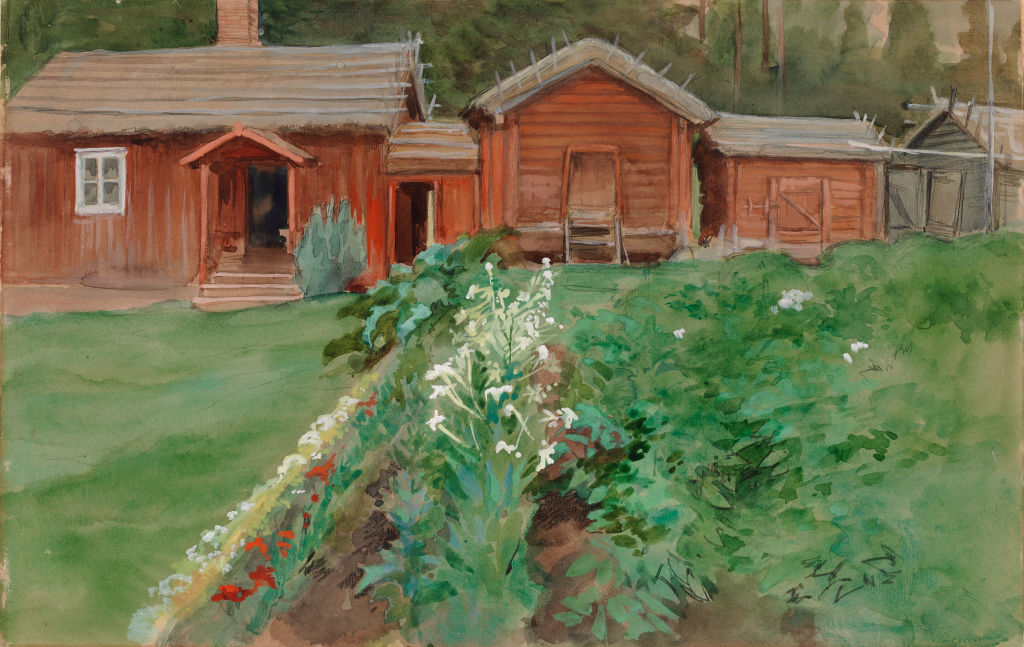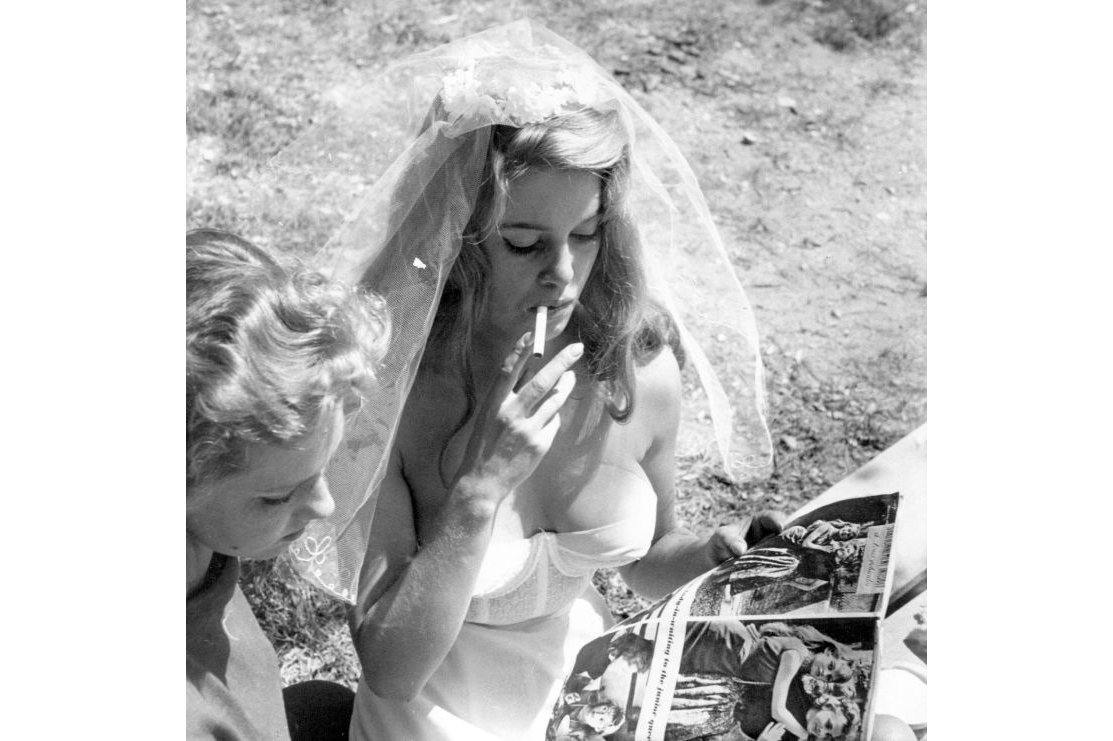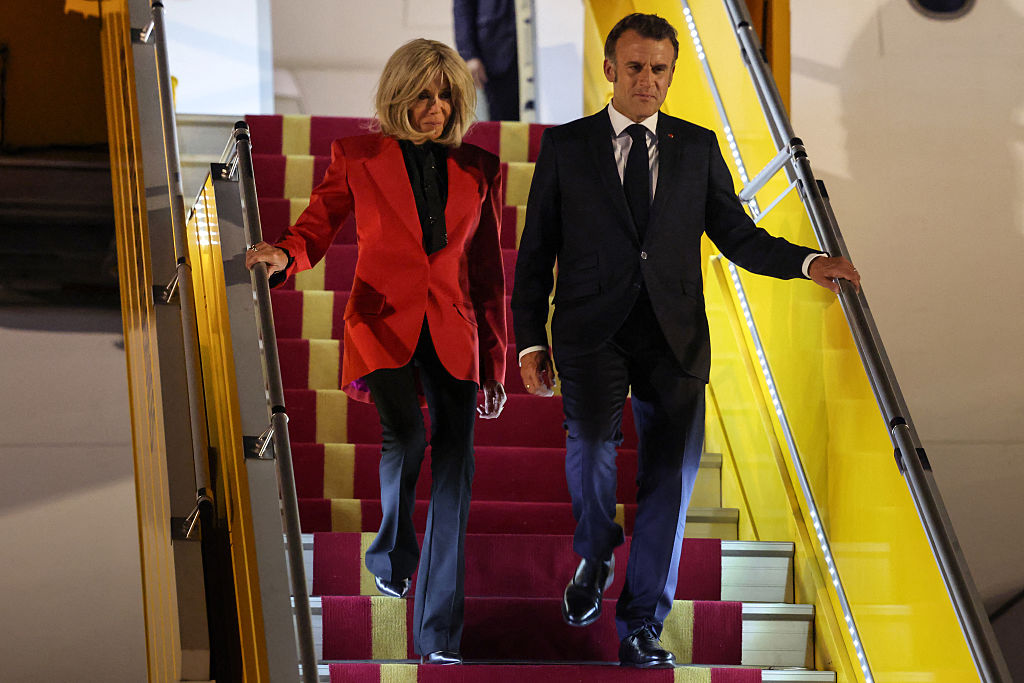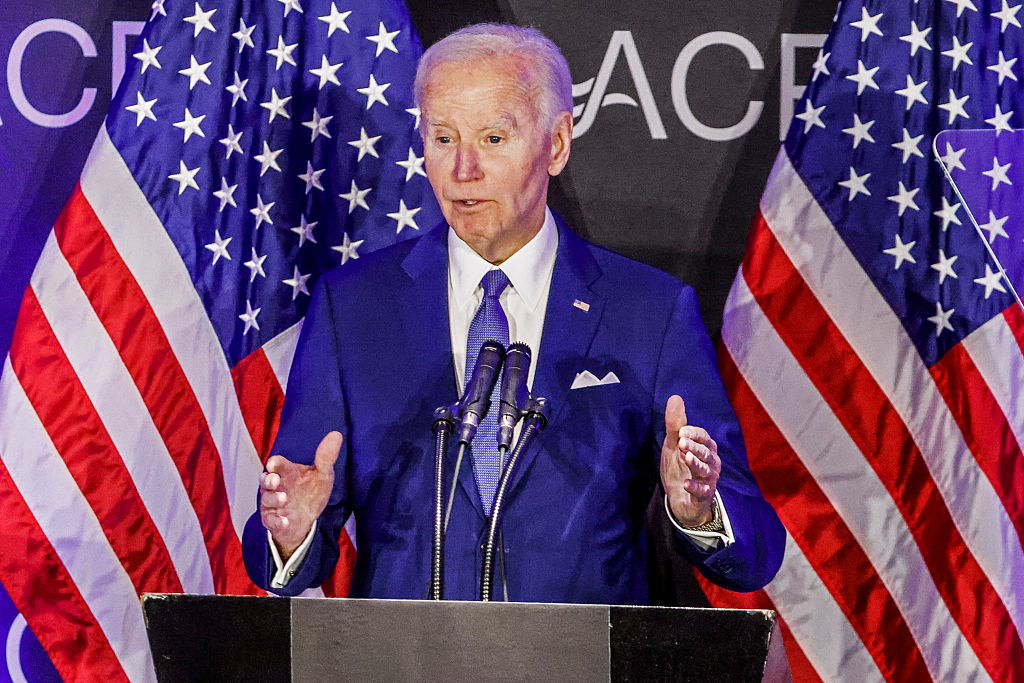“They say they can’t do it tomorrow. The papers haven’t come.” Catriona, just back from the village, was shouting up the stairs.
“Oh?” I said. “Who can’t do what? What papers?”
“You know. Our marriage papers. For the ceremony.”
“Papers? Marriage? Ours? Ceremony?”
“Well, not exactly marriage. Of course not. It’s a civil partnership. For tax purposes.”
“With a ceremony?”
“A signing. Just our signatures, to be witnessed by the mayor and another. That’s all.”
“Ah. And who’ve we got?”
“I was thinking the foreign correspondent and Mel [his wife].”
“We’d better take a bottle.”
“Champagne.”
“To celebrate our marriage.”
“Our civil partnership.”
“For tax purposes.”
“Yes. For tax purposes. Or else the state grabs 60 percent of everything after you die.”
“Robbing buggers.”
“Steady. You’ve done pretty well out of the Republic so far when you think of the taxis alone.”
“And afterwards I can call you Madame Clarke?”
“I’d like to be Madame Clarke. But that would be another step and extra paperwork. Would you like a cup of green tea?”
“Oh, please be Madame Clarke.”
That was on the Friday. On Sunday the foreign correspondent and Mel came for lunch. The sun was fiercely hot and we sat on the terrace beneath two parasols. Everyone as usual was very kind, insisting I need only put in an appearance if I felt fit enough. But no matter how rotten one feels, it seems churlish not to descend a few stairs when the guests have got washed and dressed and come miles.
And I did feel rotten. I feel rotten most of the time now. I’m asking God to take me. Constant pain, constant and worsening breathlessness. And now a plethora of smaller ailments. Blurred eyesight. Unaccountable spasms like electric shocks. A new and troubling weakness in my right hand making it difficult to grip a pencil or crack open a new box of morphine. Above all a sense of an ending. “The harvest is past, the summer is ended, and we are not saved.” That kind of feeling.
Catriona wondered if our guests were free at all this week to stand in as our witnesses at the town hall
Nevertheless I descended the stairs in my jimjams and flopped down in a folding chair in the shade of a parasol. To sit beside the foreign correspondent at a lunch table is always a pleasure because he has grandeur and rejoices in everything. He rejoices in the food and the drink and in the conversation and in the other people at the table. He rejoices in his life so far and how, early on, he adroitly swapped his social class for one above and went on to enjoy an astonishing career reporting wars. He rejoices in the weather, whatever it is, and in the Provençal landscapes and in his olive farm on the hillside. He rejoices in the new puppy, a cocker with a pretty face and a wonderfully calm disposition.
His presence is a tonic and a boon. I was going to say “unfailingly,” but that day my tide was out. All my life I could take life or leave it. That was the thought. Only now as it slips away do I appreciate the fullness and the poetry of what I’m leaving behind. I’ll miss the sky, for a start. I sat and contemplated my beloved cacti, tall and grossly phallic, some of them now tragically collapsed in their pots, as though assassinated, after the recent sub-zero nights. Happily the bougainvillea, one of only two in the village, owing to the annual frosty fortnight, has survived, it appears, under its protective net.
Standing up and gripping a bottle of Champagne by the neck, Catriona wondered if our guests were free at all this week to stand in as our witnesses at the town hall. They were overjoyed. Just say the word, said the foreign correspondent, a catch in his voice — day or night. “To us?” suggested Catriona. I raised my glass of Champagne and thrust it forward to parry any others coming my way.
The foreign correspondent and his wife were just back from a literary festival on the Norfolk coast. She was mentally invigorated by it, he frightened. He described everywhere meeting people exuding gale-force self-confidence and prosperity, painting a mental picture of Blighty as one big directors’ box at Newcastle United. It felt strange hearing England described as a foreign land.
After lunch — one of Catriona’s sensational chilis — the foreign correspondent laughed jovially, poured himself a glass of wine and said to me: “Shock and awe. Don’t you just love it?”
At that moment a pain in my lung became insupportable and I asked if I might excuse myself to go and lie down and take a red pill, promising to return in half an hour if it afforded me some relief.
This article was originally published in The Spectator’s UK magazine. Subscribe to the World edition here.



